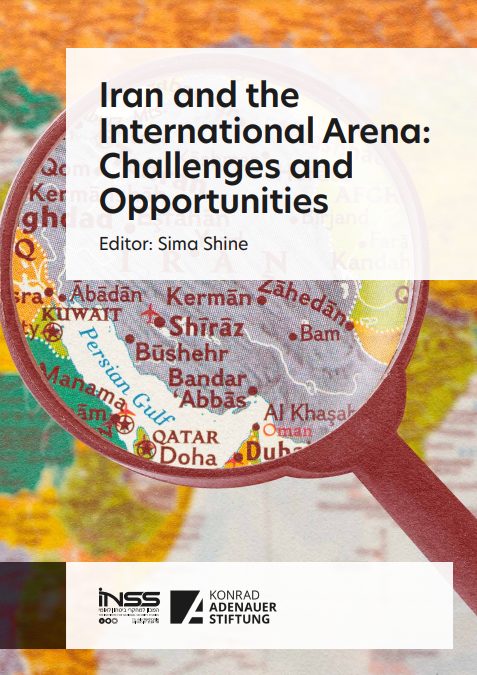Publications
Special Publication, February 11, 2021

Relations between Iran and the United States reached a low point at the end of the Trump administration. Harsh sanctions, the elimination of Quds Force commander Qassem Soleimani, billion-dollar arms sales to the Gulf states, and normalization agreements between Israel and the United Arab Emirates and Bahrain were all encouraged by Washington in the recent past.
The year 2021 began with a change of administration in the US and it will also see a change of president in Iran. The possibility of a return to the nuclear agreement, the JCPOA, is on the table, with a clear demand both for its improvement and for some reference being made to Iran’s missile program and regional policy.
This monograph comprises a collection of articles written by experts from the US, Europe, and Israel. Each article sheds light on a different aspect of the complex relations between Iran and the West, their prospects, and their implications for the wider Middle East.
The collection was edited by Sima Shine, head of the Iran Program at the Institute for National Security Studies (INSS).



